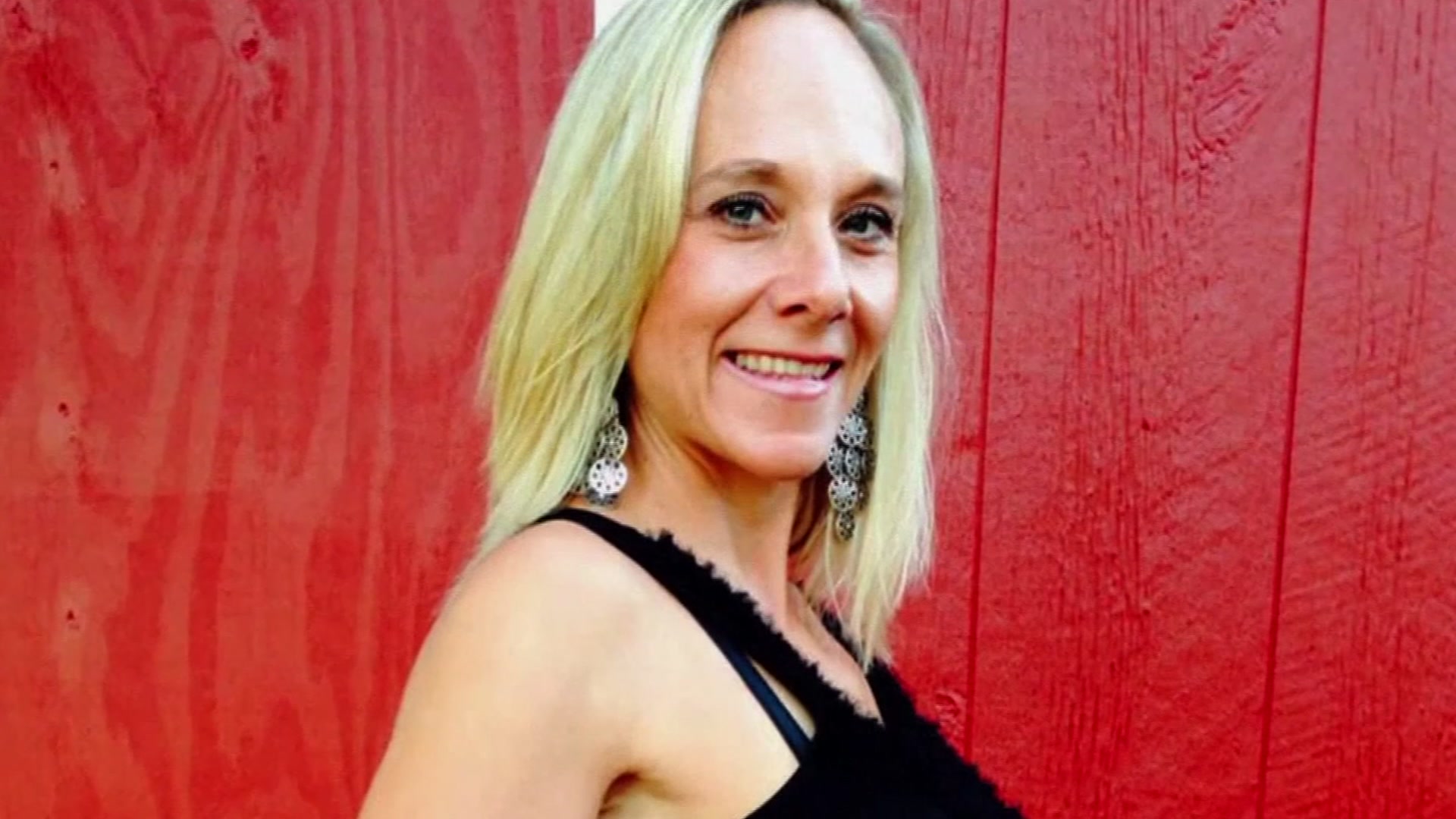An unannounced inspection of Parkland Memorial Hospital last month found a “serious threat to patient health and safety” that put the hospital in “immediate jeopardy” of losing federal funding.
The eight-day review by the agency that administers Medicare and Medicaid found “significant deficiencies” that must be corrected immediately or the hospital could lose its Medicare funding on Sept. 2.
Parkland -- the county’s only public hospital -- is operated by the Dallas County Hospital District. The hospital treats about 150,000 people a year in its emergency room and admits more than 40,000. It has 675 beds.
In unusually blunt language, the Centers for Medicare and Medicaid Services -- or CMS -- explained the violations in a letter to Parkland’s top executive Dr. Ron Anderson.
The violations include issues dealing with infection control, nursing services, medical screening examination and on-call physicians.
“The CMS has determined that Parkland Health and Hospital System no longer meets the requirements for participation in the Medicare program because of deficiencies that represent an immediate and serious threat to patient health and safety,” the letter warned.
"We take this survey and these survey findings incredibly seriously and will fully comply with these in the next few days," said Dallas County Judge Clay Jenkins, the county’s top elected official.
Federal regulators gave Parkland until Aug. 20 to come up with “acceptable plans of correction” and warned the hospital’s Medicare funding could be terminated.
“Two Parkland violations relating to infection control and emergency care issues are so serious that they triggered 'immediate jeopardy' status,” CMS spokesman Bob Moos said. “That is the most severe finding we can have in a hospital, and it requires immediate attention.”
Local
The latest news from around North Texas.
Such a finding is rare, he said. Each year, only two or three hospitals out of more than 400 statewide face such measures.
The Medicare and Medicaid programs provide 35 percent of Parkland's budget.
"When those sources go away, then really all you have is cut back or increase taxes, so it's critical," Commissioner Mike Cantrell said.
Moos said the detailed report could not be released until after Parkland submits its plan for improvements.
In a statement, Anderson promised action and said safe and quality care is the hospital’s top priority.
“We acknowledge the seriousness of this notification,” he wrote. “We have a tremendous responsibility to get this right... and to do so as quickly and thoroughly as possible.”
He said the hospital was in the process of drafting a plan to fix the discrepancies.
“Some problems were already known to us,” Anderson said in a letter to hospital employees. “We understand them and have already been working on them. We have a 57-year-old facility that must deliver 21st century medicine.”
Another inspection will take place before the Sept. 2 deadline.
The hospital, which has received many additions over the years, first opened in 1954 and is severely overcrowded.
"You can't keep saying it's the facility and these sorts of things," Cantrell said. "You've got to put in place what needs to be put in place to follow the regulations that they set forth."
A $1.27 billion new Parkland Hospital is under construction across Harry Hines Boulevard from the old hospital.
It will include 38 percent more patient bed space and modern facilities to improve patient care.
"Absolutely this new building will address a lot of these concerns, but we can't wait until that building in completed in 2014," Jenkins said. "We've got to move aggressively now."
NBC 5's Ken Kalthoff contributed to this report.
More:




